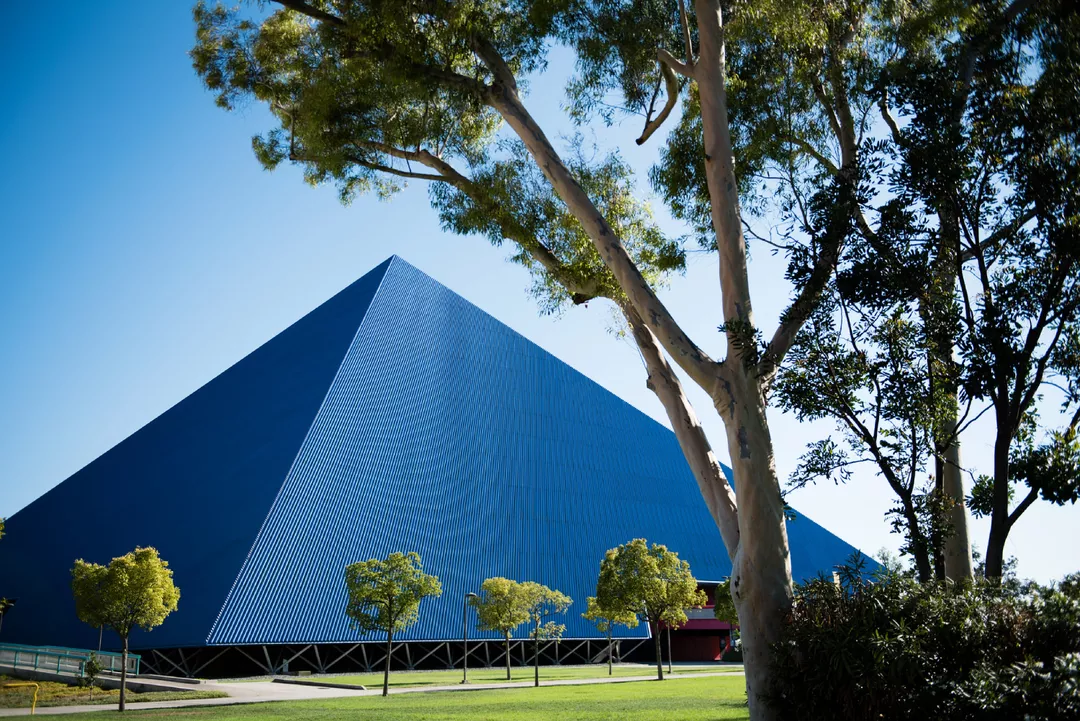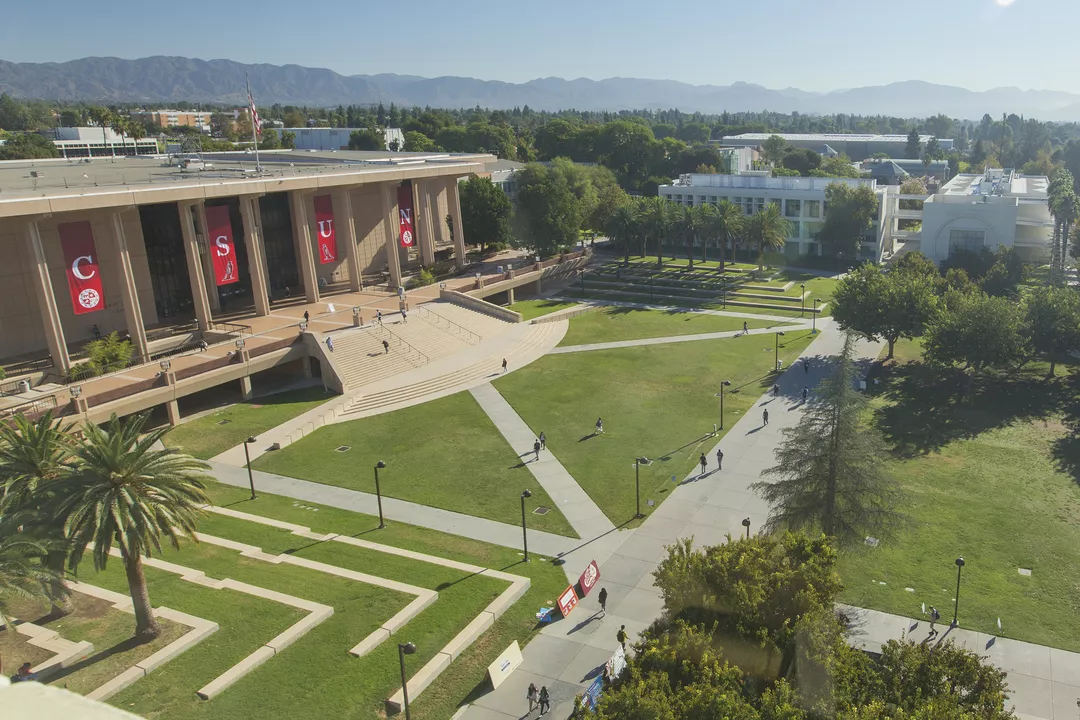-
hello@abroadcube.com
Mail us
-
Call For Help:
98779 83783
-
Whatsapp Us
70090 34921
The graduate program in Mass Communication allows for development of individual professional skills to produce digital media content, and it also focuses on evaluation of media performance, using analytic and research techniques that culminate in a Thesis, Graduate Project or Comprehensive Examination.
Students can identify and explain seminal works and key concepts in the field of mass communication with a focus on critical and cultural theories as applied to journalism.
Students can appraise and evaluate the practices of mass communication in society with a focus on economic structures, cultural practices and international connections as applied to the practice of journalism.
Students can create a plan for and conduct independent research about mass communication with an emphasis on journalism as either a research topic or through the reflective application of journalism.
| Level | Masters |
| Discipline | Fine Arts |
| Duration | 24 months |
| Intakes | Jan, Sep |
| Application Fees | USD 70 |
| Tuition Fees | USD 15626 |
| Campus | Northridge |
| Language proficiency (minimum) | |
| IELTS | 7 |
|---|---|
| TOEFL | 89 |
| PTE | 58 |
| Duolingo | 105 |
| Exam proficiency (minimum) | |
| SAT | Not Required / Waiver |
|---|---|
| ACT | Not Required / Waiver |
| GRE | Not Required / Waiver |
| GMAT | Not Required / Waiver |
Minimum GPA - 77%
QS Quacquarelli Symonds is the world’s leading provider of services, analytics, and insight to the global higher education sector, whose mission is to enable motivated people anywhere in the world to fulfil their potential through educational achievement, international mobility, and career development.
THE (Times Higher Education) has been providing trusted performance data on universities for students and their families, academics, university leaders, governments and industry, since 2004. We create university rankings to assess university performance on the global stage and to provide a resource for readers to understand the different missions and successes of higher education institutions.
The Academic Ranking of World Universities (ARWU) was first published in June 2003 by the Center for World-Class Universities (CWCU), Graduate School of Education (formerly the Institute of Higher Education) of Shanghai Jiao Tong University, China, and updated on an annual basis
The "Webometrics Ranking of World Universities" is an initiative of the Cybermetrics Lab, a research group belonging to the Consejo Superior de Investigaciones Científicas (CSIC), the largest public research body in Spain. CSIC is among the first basic research organizations in Europe. The CSIC consisted in 2006 of 126 centers and institutes distributed throughout Spain.



